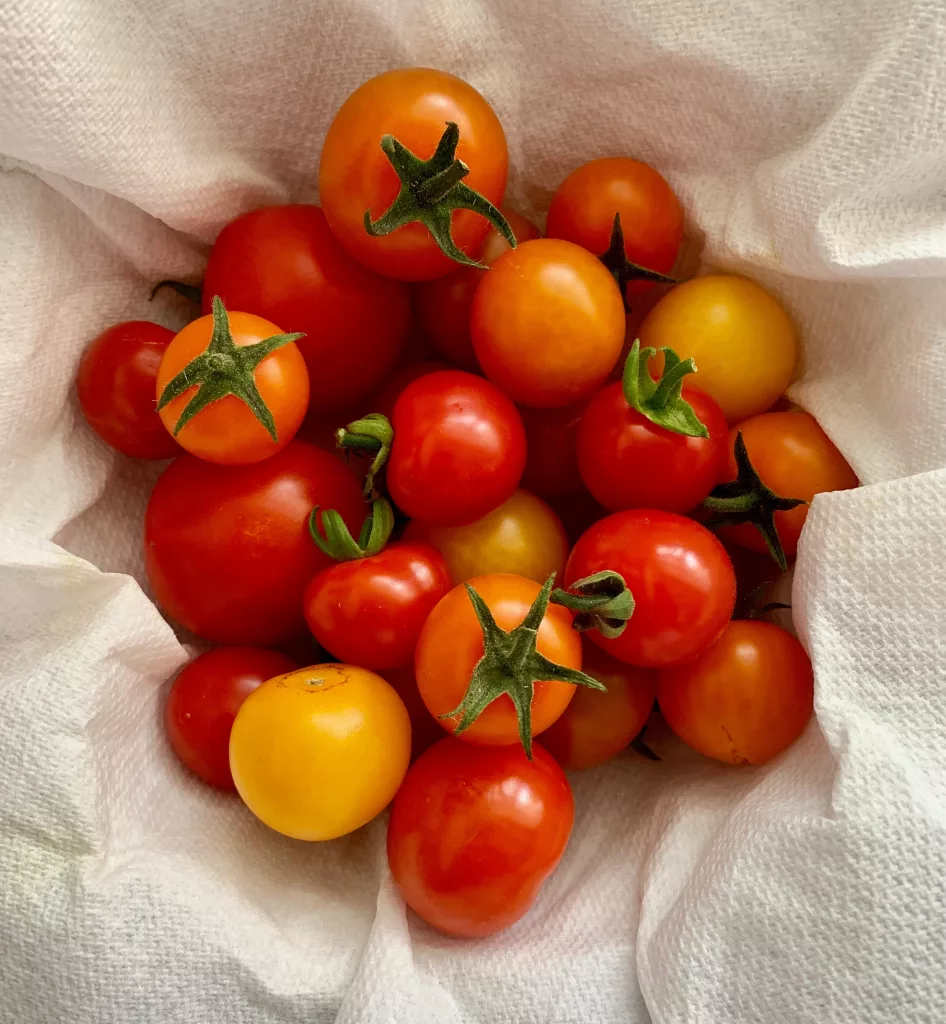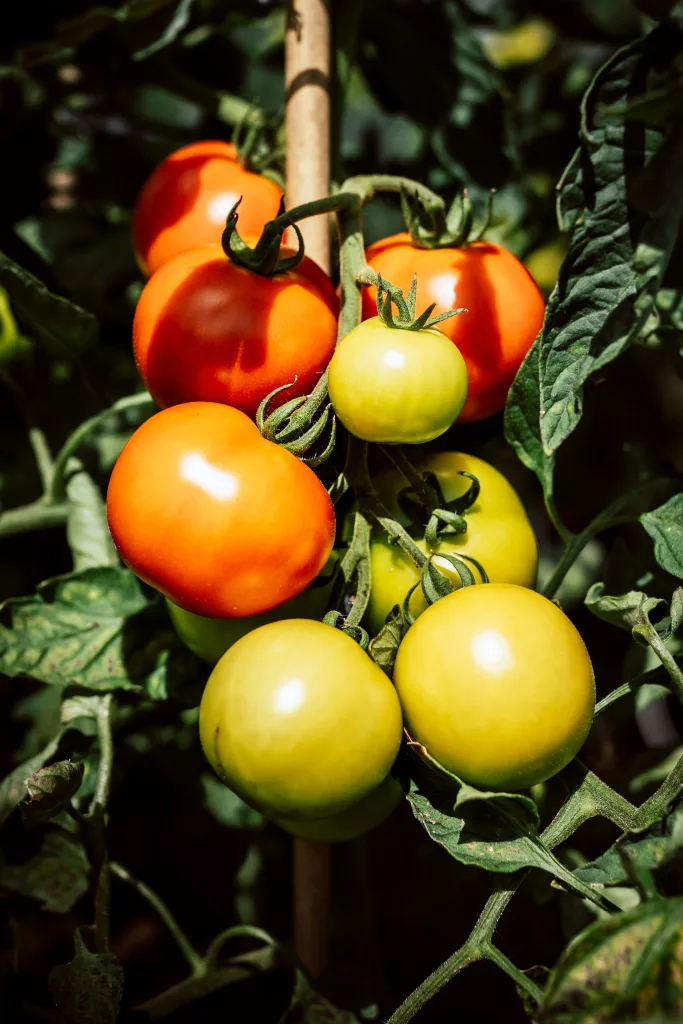Tomato: A Beloved Culinary Gem Across the Globe
Tomato, scientifically known as Solanum lycopersicum, is an iconic fruit that has garnered immense popularity and love around the world.
From its humble origins in South America to its prominent presence in diverse cuisines across continents, the tomato has become an indispensable ingredient in countless recipes.
In this blog post, we explore the reasons behind the widespread adoration for tomatoes and the many factors that contribute to its global appeal.
Why Tomatoes is Loved Globally
1. Versatility and Culinary Delight

One of the primary reasons behind the tomato’s worldwide fame is its exceptional versatility in the kitchen. Tomatoes can be enjoyed in a myriad of forms, including raw, cooked, canned, sauced, juiced, or even dried.
Whether it’s a refreshing Caprese salad, a hearty pasta sauce, a vibrant salsa, or a comforting tomato soup, the possibilities are endless. The tomato’s natural acidity and rich umami flavors elevate dishes to new heights, adding depth, tanginess, and a distinct taste that is hard to replicate.
2. Nutritional Value and Health Benefits
Beyond its delicious taste, the tomato is packed with essential nutrients and health benefits. Tomatoes are an excellent source of vitamins A, C, and K, as well as potassium and antioxidants like lycopene. Lycopene, in particular, has been linked to various health benefits, including reduced risk of heart disease, certain cancers, and eye disorders. As a low-calorie food with high water content, tomatoes are also a fantastic addition to any balanced diet.
3. Global Culinary Influence

Tomatoes have successfully infiltrated cuisines across the globe, leaving an indelible mark on various traditional and fusion dishes. It is nearly impossible to envision Italian cuisine without the tantalizing allure of fresh tomatoes in pasta, pizza, or bruschetta.
In Mediterranean cuisine, tomatoes are widely used in Greek salads and Turkish mezes. The vibrant flavors of Mexican cuisine rely heavily on tomatoes for their salsas and sauces.
Even in Asian cuisine, countries like India, Thailand, and China have incorporated tomatoes into their traditional recipes, showcasing the tomato’s adaptability and ability to blend seamlessly into diverse culinary traditions.
4. Availability and Economical Value
The wide availability of tomatoes year-round has contributed significantly to its popularity. Thanks to advancements in farming techniques and international trade, fresh tomatoes can be enjoyed in both summer and winter seasons in various parts of the world. Furthermore, the relatively low cost and economic value of tomatoes make them accessible to people across different socio-economic backgrounds, fostering their widespread adoration.
5. Gardening Enthusiasm
Tomatoes have also gained adoration at a grassroots level through gardening enthusiasts. Growing tomatoes is a popular hobby among gardening enthusiasts due to their relative ease of cultivation and the rewarding experience of harvesting homegrown, ripe tomatoes. This passion for gardening and self-sufficiency has further contributed to the fondness and appreciation for tomatoes among individuals.
Conclusion
In conclusion, the tomato’s global popularity is a testament to its remarkable versatility, nutritional value, and profound impact on various cuisines worldwide. Its distinct flavors, adaptability, and numerous health benefits have elevated it to the status of a culinary gem.
Whether it’s the tangy freshness of a tomato salad or the rich depth of a tomato-based sauce, this beloved fruit has cemented its place in the hearts and palates of people from all corners of the world. So next time you savor a delicious tomato-infused dish, remember the incredible journey this humble fruit has embarked upon to become a universally cherished ingredient.
Disclaimer: This is for informational purposes only.
You might also like:








